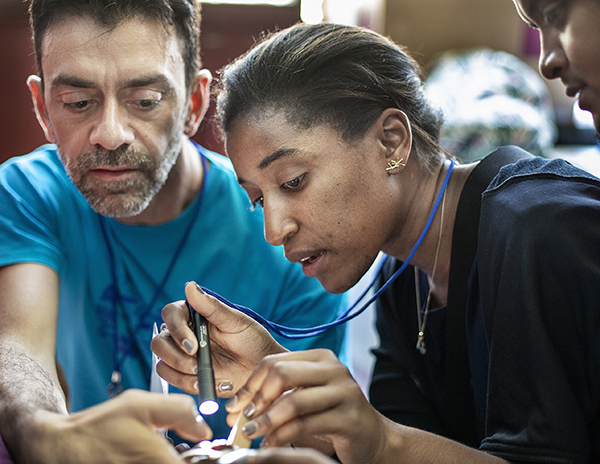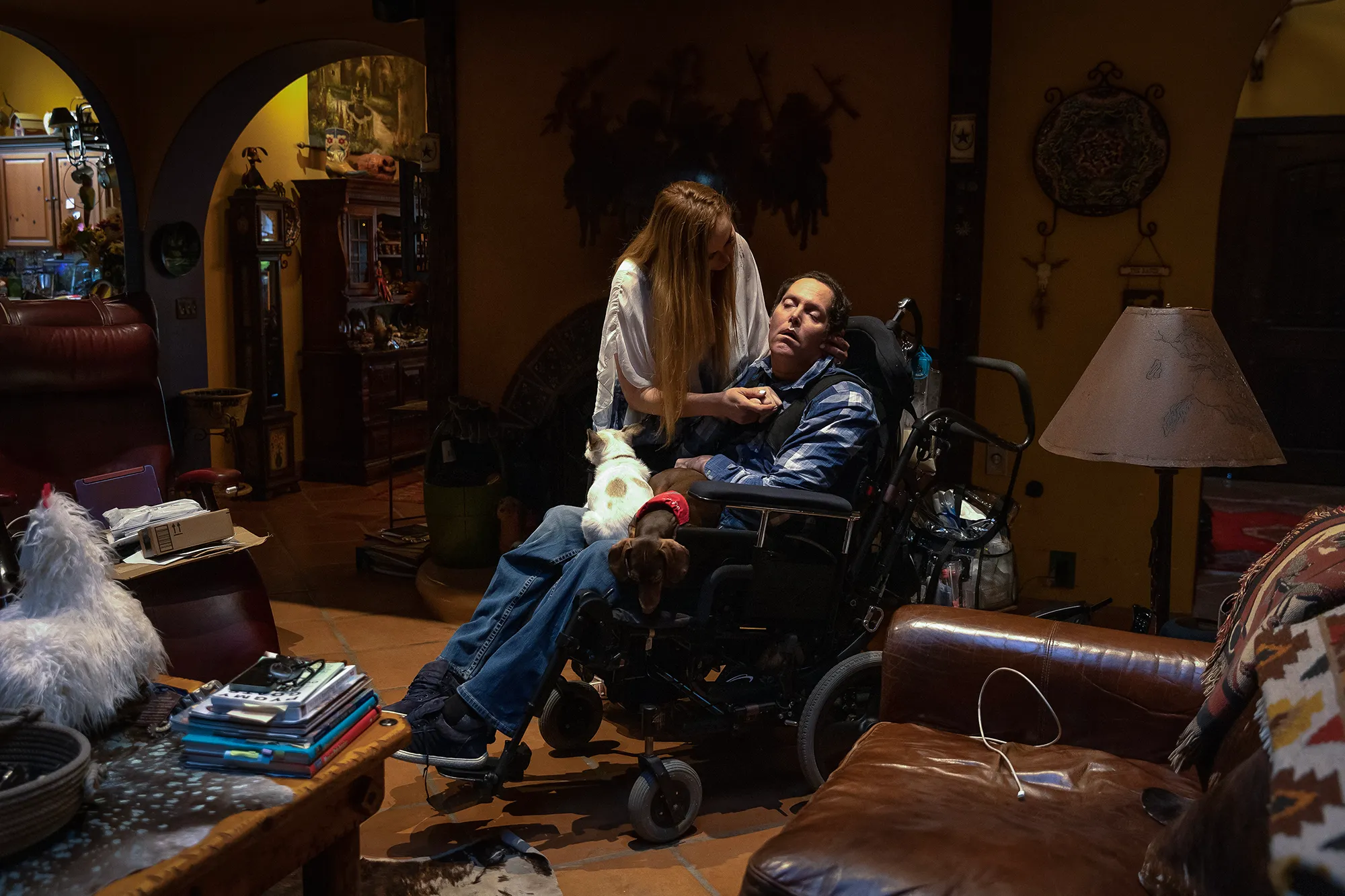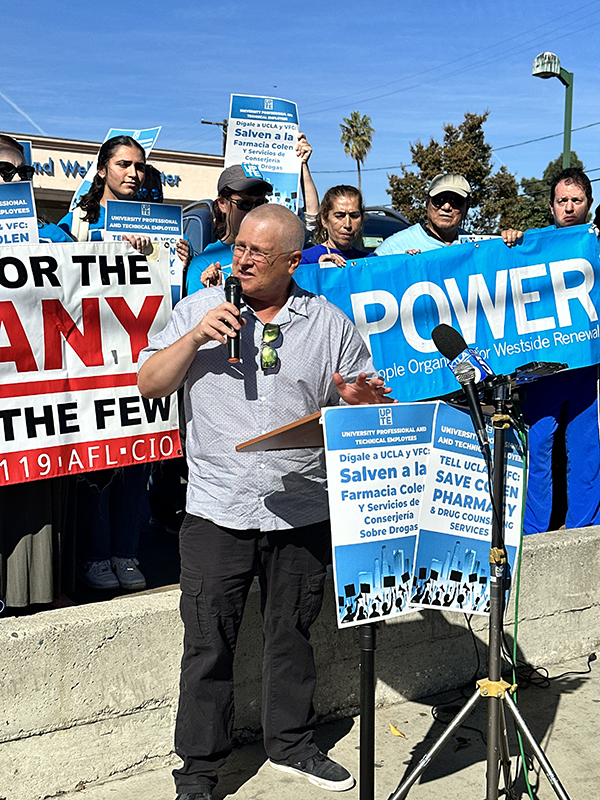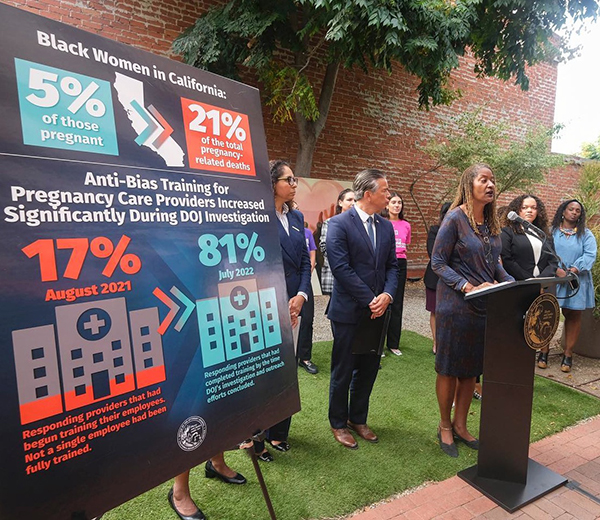By Marie Y. Lemelle
Contributing Writer
Every four years, January marks the presidential inauguration. This year’s inauguration gave the country its female vice president. After the 44th first lady Michelle Obama made history and proved that nothing should stop women and girls from becoming a powerhouse, Kamala Harris has become another inspiration for women empowerment.
The month of January is also known as National Mentoring Month. Mentoring is one of the single most valuable gifts given to anyone and will only cost an individual the commitment of time, encouragement, and guidance.
History has shown that past, present and future possibilities start with influencers; particularly mentors. It has been noted that Mentor was a character in the book, “The Odyssey” by Greek poet Homer. Mentor’s sole purpose was to guide others in their life’s journey.
Women, often times, credit their success to a mentor who played a significant role during some point in their lives. Just ask Dr. Naikhoba Munabi, a resident physician in plastic and reconstructive surgery at the University of Southern California, about the importance of mentorship and paying it forward.
Her experience during Operation Smile’s first all-female-led medical mission highlighted the importance of mentorship for women in health care.
As a global surgery fellow with Operation Smile, Munabi worked with teams in multiple countries with a focus on sub-Saharan Africa. She provided young girls and women with the confidence that they too can become successful medical professionals.
During the mission, it was revealed that 73% of women who weren’t able to find a mentor in their home countries were able to identify one during the mission; 100% wanted to maintain those professional relationships in the future; 97% of women were more confident in their ability to perform their jobs; and 100% felt inspired to mentor women in their home countries.
With so many role models to look at,Munabi decided to be a doctor at 6 years old.
“My grandmother was an infectious disease specialist. She graduated from medical school at the University of Edinburgh in the 1950s as one of only five women in her class,” Munabi said. “She told me ‘you will experience more challenges in your career as a woman than because you are Black.’”
The road to becoming a surgeon for Munabi was not without obstacles.
“An advisor once told me that as a Black woman I wouldn’t excel as a doctor and I should consider a different career path. The thing that people may not know though is that discrimination often fuels my fire.”
Mentoring can change the course of anyone’s life.
“I’ve been fortunate to have many mentors, both male and female,” Munabi said. “I think it’s important to have multiple mentors. Each person can offer you a unique perspective or teach you a novel skill set.”
She said one mentor who really stood out is Dr. Billy Magee III, who is the leader of a global surgery fellowship program.
“He has taught me to think outside the box, to visualize my goals in order to achieve them, and to invest in building and growing a team,” Munabi said. “The amount of effort he puts into mentoring others is relentless and reminds me that sometime the best legacy a person can have is the group of people they inspire.”
Munabi found her passion with Operation Smile.
“When I was applying to plastic surgery residency, I knew I wanted three things: to be the best clinical surgeon I could be, to be engaged in research and discovering new and better ways to provide care to patients in need, and to be involved in public health on a global scale,” she said. “Many residency programs told me that I would have to pick two of the three.
“Fortunately, the University of Southern California embraced my multiple interests and had an existing relationship with Operation Smile that enabled plastic surgery residents to take time away from residency to work with the organization as a global surgery fellow. My experience with the organization was so profound.”
Her success, whether directly through mentorship or indirectly by being visible in the surgical space, is a tribute to her family of doctors.
“My inspiration and support came from outside of my family, too,” she said. “Female teachers, coaches, lab directors and classmates mentored and helped me believe in my capabilities. Even when I entered the arena of surgery where few women exist, I always had sources of encouragement to continue pushing forward in pursuit of my dreams.”
Munabi intends to continue to pay it forward and have a lasting impact on others to follow their dreams.
Marie Y. Lemelle is the founder of www.platinumstarpr.com and a film producer. She can be reached at MarieLemelle@platinumstarpr.com. Follow her on Instagram @platinumstarpr.













